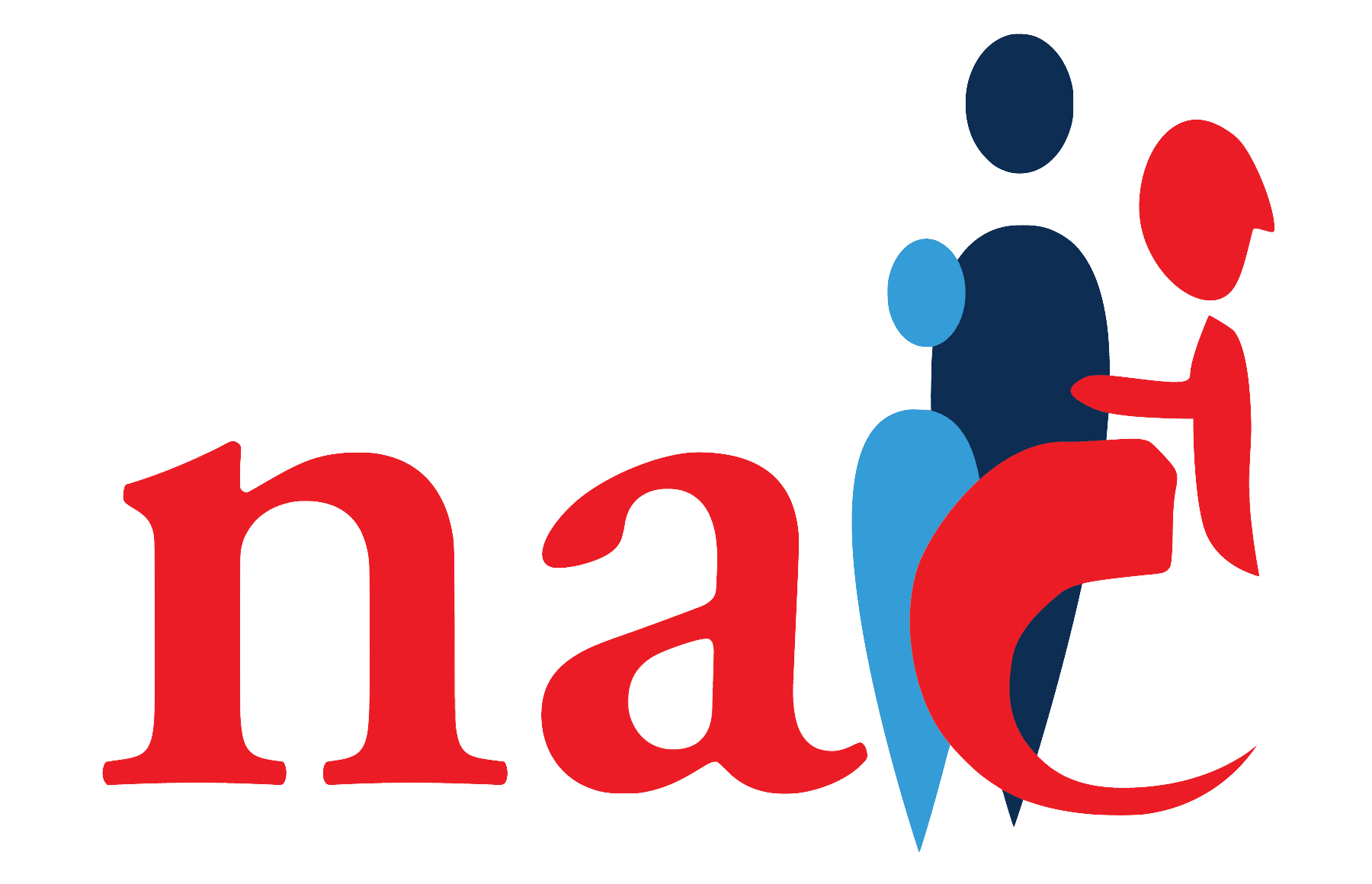Katie is the mother of a 20-year-old son born with physical and intellectual disabilities caused by a rare disease. The factors of her son’s care have been constantly changing, meaning the caregiving process has changed as well. As her son’s primary caregiver and advocate, Katie is the one who deals with the medical professionals. Even with a background in health care, switching her son from a pediatric team to an adult one when he turned 18 was extremely difficult. Katie has encountered doctors who she feels do not listen to her and question how she responds to her son’s symptoms. She feels she needs to essentially interview every new doctor to see if their approach aligns with the health goals she has for her son, and she has learned to be very direct in stating her expectations. Without proper supports in place, Katie cannot step back from her caregiving role to be a mother.
Due to her care responsibilities for her son, Katie had to move into a part time position at her job, taking a pay decrease and losing her leave. She and her husband have not been able to save for their future, and her husband has had to work multiple jobs to cover the costs of traveling to see medical specialists for their son. They cannot claim a tax break on these trips because of her and her husband’s income level—she feels she is being punished by the system for working.
Katie’s son’s needs require a whole team of doctors, yet Katie has never been able to sit down with them as a team. She is constantly managing medical professionals, making sure everyone has the same information and is going in the same direction. Simply being able to meet with all her son’s doctors at once would save Katie time, money, and a lot of work, improving the quality of her and her family’s life.
